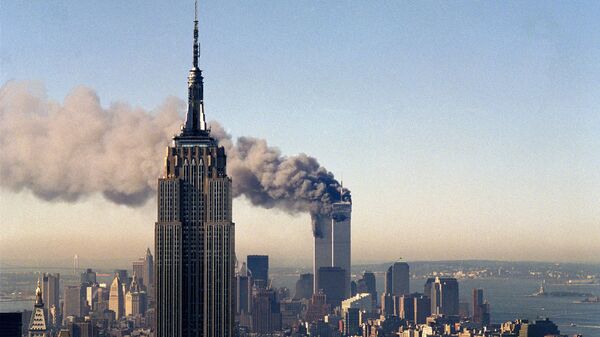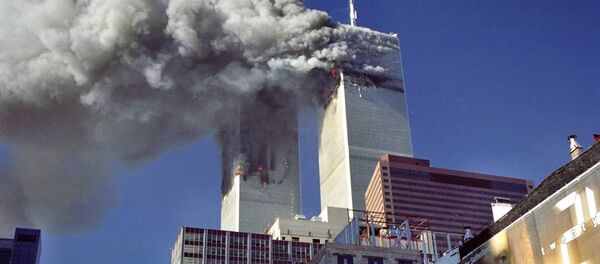"Their quick response to help us rule out fictitious investigative leads, or something that was not a threat," Dick said. "[It] was a tremendous help and helped us focus on the real threats."
Dick characterized the quality and details of the Russian responses in the attack’s aftermath as "unprecedented."
Prior to the attack, the typical response time from TAOG’s legal attache, or legat, in the US Embassy in Moscow was a few weeks or even months, he stated.
"But on 9/11 and the weeks that followed, the responses to the leads we sent to our legat in Moscow came within hours to a few days," Dick said.
He explained that US border officials were concerned about apparently fake or counterfeit Russian passports. Russian law enforcement and their military contacts in the US Embassy helped the FBI quickly determine which passports were legitimate and those that were imposters, Dick said.
The fast responses made it obvious, he stressed, that his Russian law enforcement counterparts were sincere and "as shaken as we were" over the attack.
"I know that there was a very detailed sting operation that the Newark [FBI] office ran in the early 2000s [after 9/11], and the Russian services were intimately involved in that," Dick observed.
Russian law enforcement provided inert and dummy Russian-made weapons for use by the FBI undercover in the course of the investigation, resulting in arrests, he said.
Furthermore, Russian lawyers coordinating with investigators and attorneys for the 9/11 victims’ families in their civil lawsuit resulted in the FBI obtaining information on immediate, perceived and actionable terror threats to the United States and its allies.
Dick said that investigators working for the 9/11 families established contacts with Russian officials through legal representatives to obtain documents for the civil lawsuit.
"These reports were very thorough and all-inclusive, and the 9/11 family members shared those reports with the FBI," he explained.
The FBI disseminated actionable intelligence from the reports to other US law enforcement agencies, local and state officials and US partners overseas, Dick added.
The reports were a way for US and Russian law enforcement to coordinate unofficially without bureaucratic formalities inherent in government-to-government interactions
Dick attributed the decline in US-Russian terror cooperation to bureaucratic structures in place in both countries. He stressed that it was likely not a conscious effort by either nation, noting that even collaboration between US entities such as the FBI and Central Intelligence Agency or Drug Enforcement Agency waned in the years after the 9/11 attacks.




